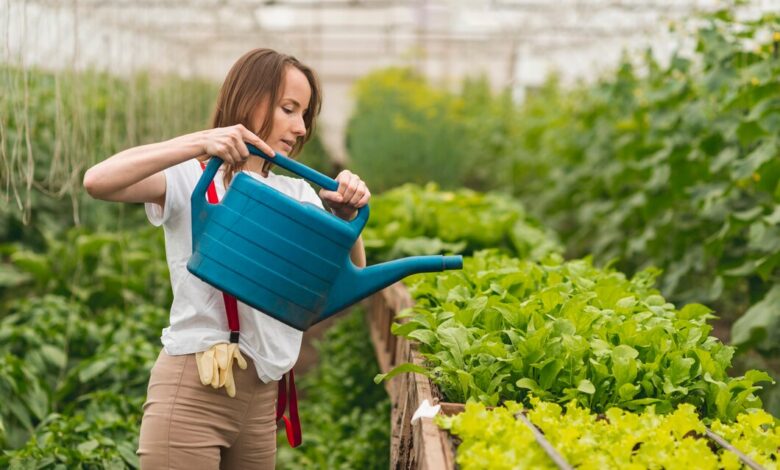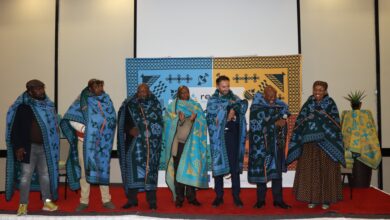SADP-Funded Nutrition Teams Share Successes

Representatives from ten Nutrition Clubs, engaged in the Smallholder Agriculture Development Project (SADP), recently participated in a two-day workshop at a local lodge in Upper Moyeni. This event, organized by the Nutrition Division of the District Department of Agriculture, Food Security, and Nutrition, aimed to facilitate the sharing of success stories, challenges, and strategies for the effective implementation of nutrition and agriculture initiatives within their communities.
The workshop provided a platform for participants to discuss the impact of SADP-funded activities on promoting proper nutrition and enhancing agricultural practices. Attendees highlighted the importance of collaboration among Nutrition Clubs to address common goals, emphasizing the role of community engagement in fostering sustainable nutrition practices.
During the event, SADP Nutrition Specialist Mr. Mpaki Makara discussed the support provided to the clubs since last year. The project has supplied essential resources, including shade nets, irrigation equipment, various fruit trees, and chickens, delivered in phases to aid in promoting proper nutrition through balanced diets. These interventions have not only empowered the clubs but have also led to increased food security and improved nutritional outcomes within their respective villages.
Participants shared their success stories, showcasing how the SADP has transformed their communities. Many clubs reported increased crop yields, enhanced access to diverse food sources, and a greater understanding of nutritional practices. Challenges were also addressed, including climate variability and limited access to markets, prompting discussions on potential solutions and strategies to overcome these obstacles.
The collaborative atmosphere fostered during the workshop encouraged participants to develop concrete action plans for the upcoming agricultural season. By sharing experiences and lessons learned, the Nutrition Clubs are better equipped to tackle future challenges and continue promoting healthy eating practices within their communities.
The SADP’s focus on empowering smallholder farmers and enhancing nutritional knowledge is proving to be a vital step toward achieving food security and improving the health of vulnerable populations. As these Nutrition Clubs continue to thrive and share their successes, the initiative is setting a precedent for community-driven agricultural and nutritional development in the region.
In conclusion, the recent workshop highlighted the significant strides made by SADP-funded Nutrition Clubs in promoting proper nutrition and sustainable agricultural practices. By fostering collaboration and knowledge sharing, these clubs are not only improving their own communities but are also paving the way for a healthier, more food-secure future in the region.
Join 'Lesotho News' WhatsApp Channel
Get breaking Lesotho news — delivered directly to your WhatsApp.
CLICK HERE TO JOIN



